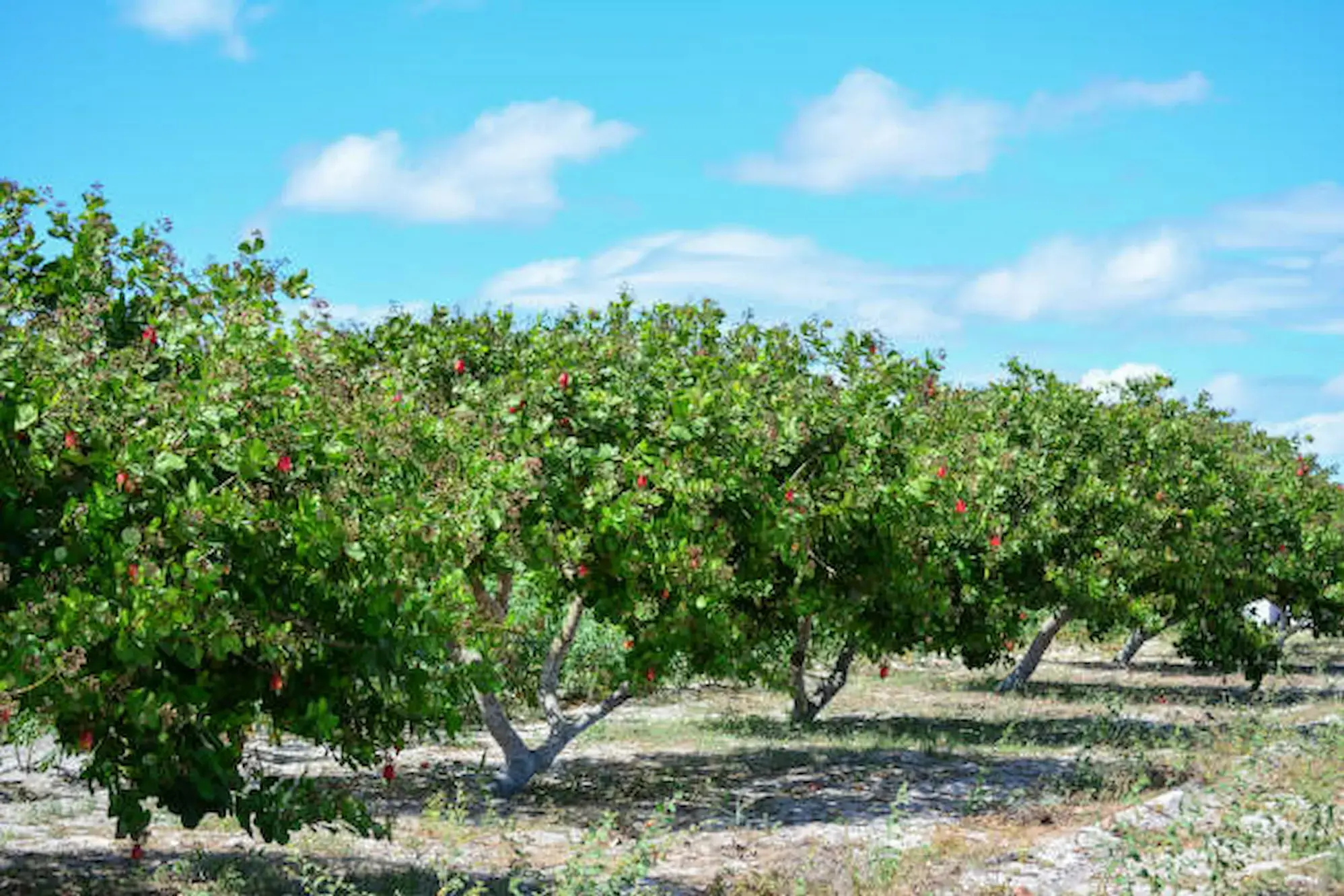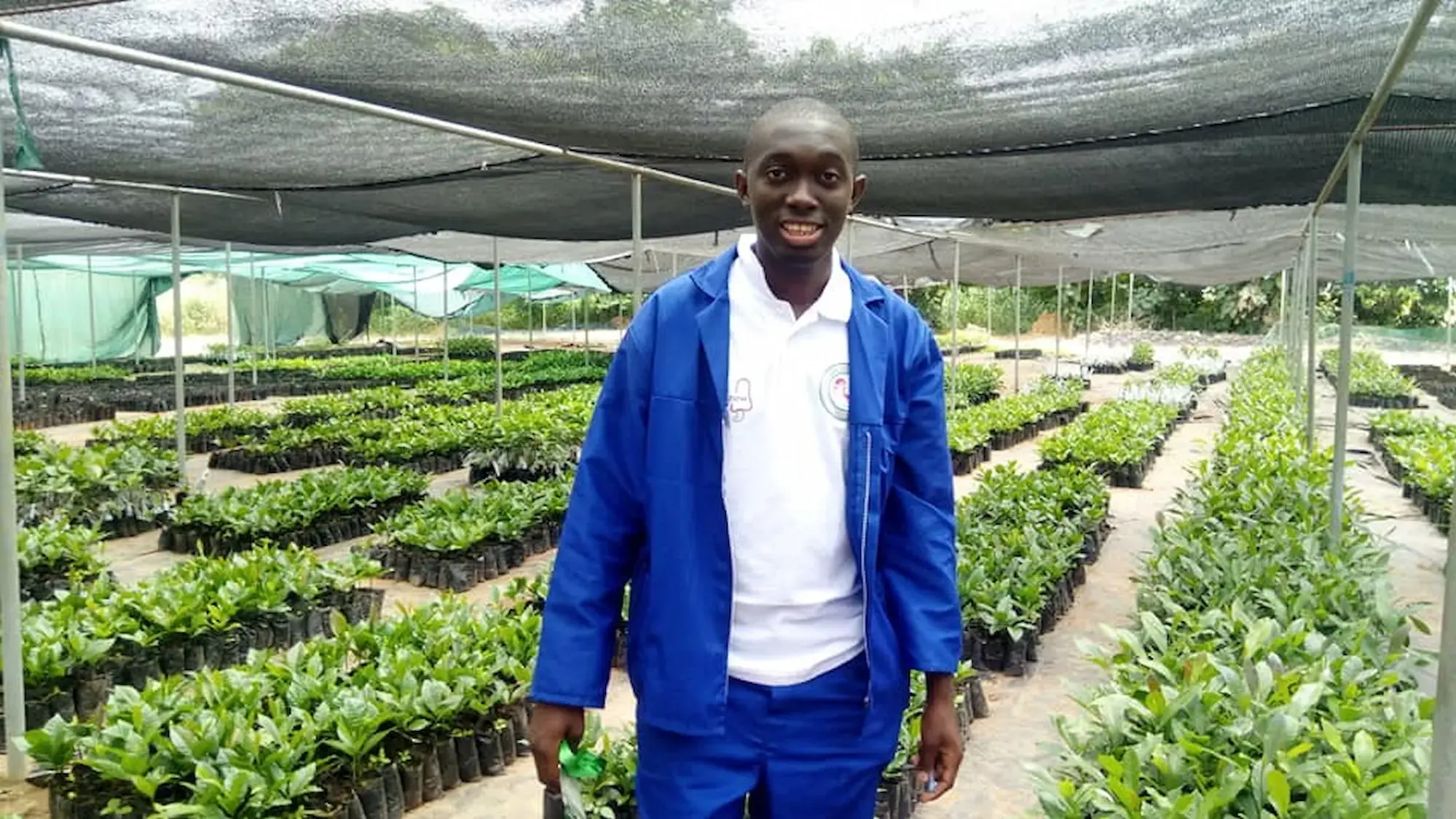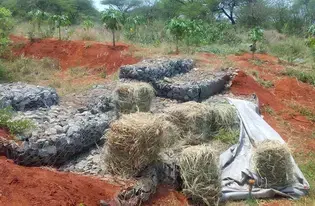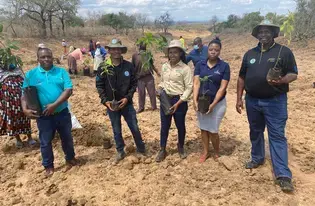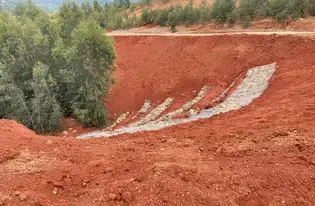Mooto Cashew Suppliers is taking a proactive approach in restoring Zambia’s landscapes with cashew trees through a close collaboration with communities.
Heavy reliance on unsustainable energy is causing a devastating rate of deforestation in western Zambia.
Nearly all households in Zambia depend on firewood for energy, which is leading to the destruction of the country’s forests and woodlands.
Founded in 2012, Mooto Cashew Suppliers is making vital efforts to help address this pressing issue. The company is working to combat deforestation by promoting cashew farming and creating income generating opportunities for communities.
Specialized in growing cashew seedlings, Mooto Cashew Suppliers supplies cashew nuts to hotels, lodges, bars, supermarkets and groceries in Mongu, western Zambia.
To promote the cashew industry in Zambia and economic empowerment of marginalized smallholder farmers, Mooto Cashew Suppliers produces hybrid cashew seedlings that mature – and bring profit to farmers – early.
The company owns a 1,000-hectare cashew plantation in Mukulu farming block in western Zambia, and seedlings are supplied to a network of farmers, too.
The company has, to date, supplied cashew seedlings to a network of 150 former charcoal burners to help them practice sustainable farming and reduce deforestation in western Zambia.
Through a loan from TerraFund for AFR100, an initiative of World Resources Institute, One Tree Planted, and Realize Impact that finances Africa's top restoration enterprises and projects, Mooto Cashew Suppliers is currently restoring 4,000 hectares of deforested land in the Senanga District in western Zambia. In addition, the company has produced more hybrid trees and provided sustainable agricultural practices training to communities.
Farmers played an enormous role in grafting the cashew trees. According to Mwala Mooto, the founder and chief executive officer of the company, there is space for grafting more seedlings on a larger scale.
“Partnering with communities will boost the restoration journey. We have mobilized farmers through capacity building and organized them into cooperatives. This will help in distributing seedlings and help farmers to grow the cashew nuts, thus earning an income,” Mwala says.
Mooto Cashew Suppliers plans to grow new cashew trees by applying soft wood grafting methods and artificial vegetative propagation. With these innovations, 1,250 farmers in various locations will be provided with seedlings for planting, which will significantly improve their livelihoods and reduce food shortages.
Mooto Cashew Suppliers demonstrates that practical solutions for landscape restoration can be achieved through meaningful collaboration with the community. See some highlights on cashew production in Africa in the below video:
